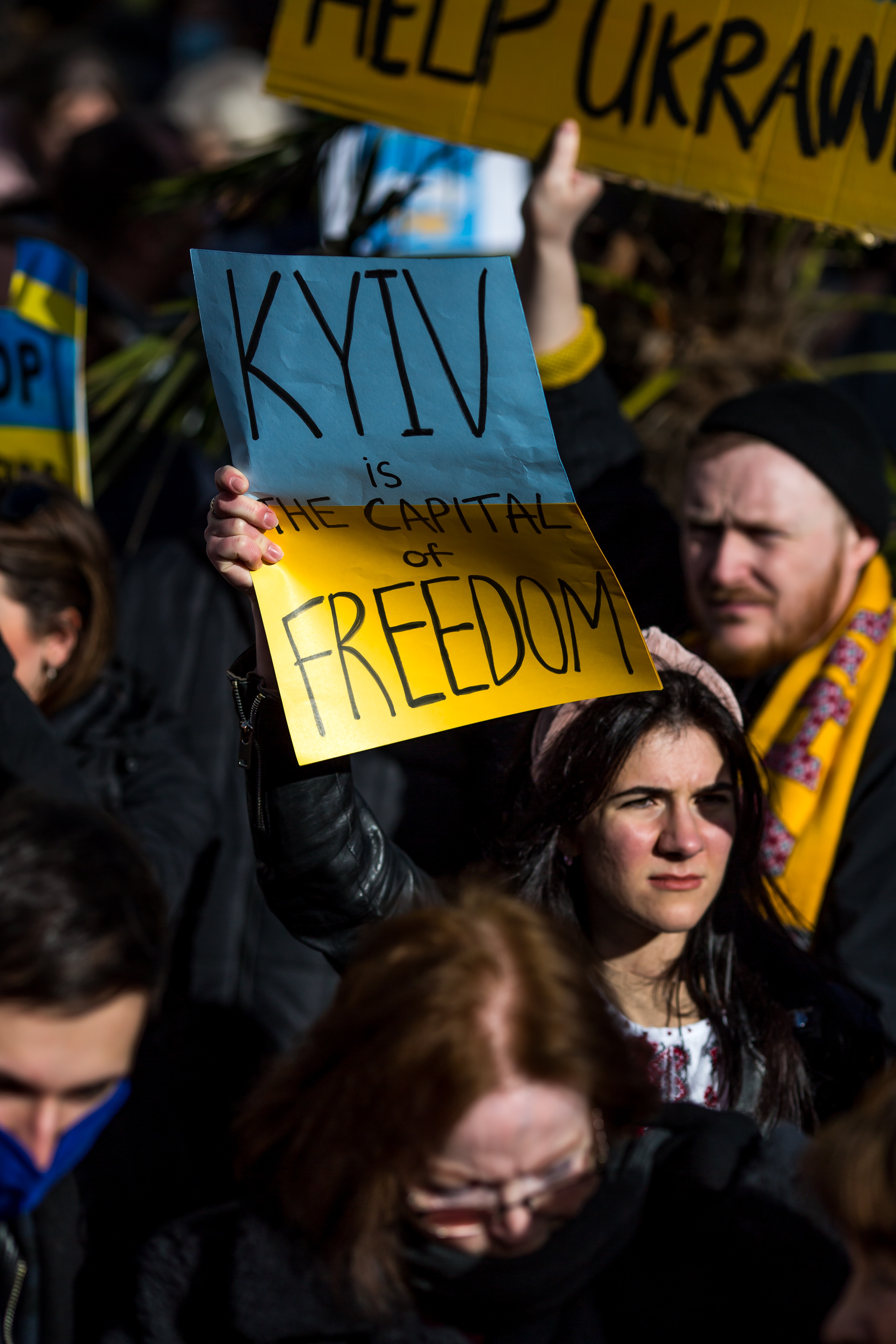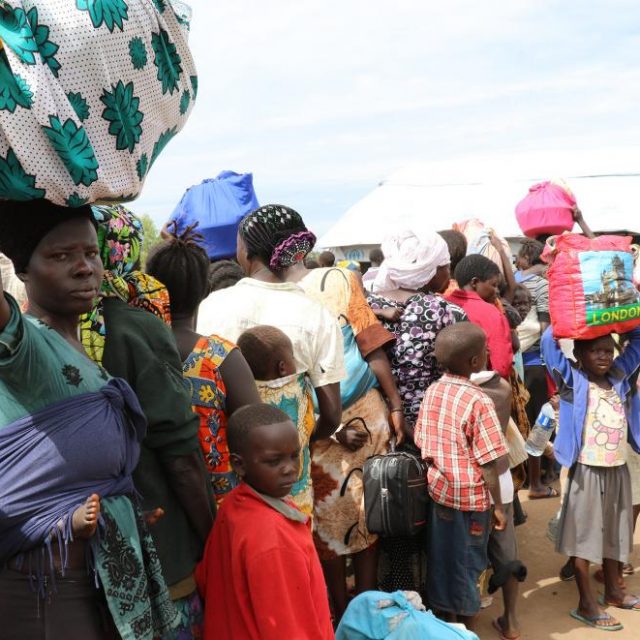The joint procurement of personal protective equipment launched by the European Commission to address the coronavirus crisis has proven successful.
Producers made offers covering and in some cases even exceeding the quantities requested by the Member States that take part in the procurement, for every single item requested. The joint procurement covers masks type 2 and 3, gloves, goggles, face-shields, surgical masks and overalls.
This provides reassurance that hospitals, healthcare professionals, care homes and people that need it will have the necessary equipment to protect them from the virus and to limit its spread.
The equipment should be available two weeks after the Member States sign the contracts with the bidders, which they should do very rapidly.
European Commission President Ursula von der Leyen said: “All over the world, there’s right now a tremendous need for protective clothing and medical equipment. It is therefore a success that the Joint European Procurement Initiative has been able to secure on the world market concrete offers of considerable scale on shortest notice. This is EU solidarity in action. It shows that being part of the Union pays off. This material should soon provide considerable relief in Italy, Spain and in 23 more member states. Now it is up to the Member States to sign the necessary contracts swiftly.“
Commissioner Kyriakides, in charge of Health and Food Safety, said: “I welcome the very good results delivered by our EU joint procurement. Our priority is to ensure that those who are working around the clock to keep us protected and save lives – our healthcare professionals – have the necessary protective equipment. The offers we have received respond positively to the requests of Member States for lifesaving equipment such as masks, glove and overalls. This essential material will soon be delivered to those in need. Together, we will win this fight. ”
Commissioner Breton, in charge of internal market and industry, said: “This joint procurement demonstrates the power of working together in a coordinated manner. It allows Member States to join forces when purchasing medical supplies. In parallel, we continue working with industry to increase production and activate alternative ways of manufacturing the equipment we need. The Commission will continue to support this collective industrial effort and work with Member States so that the material reaches those who need it most urgently.”
25 Member States take part in this joint procurement. The offers are being evaluated and contracts are expected to be signed in the following days.
Joint procurement is a powerful way for Member States to buy goods on the markets, together, under the coordination of the European Commission.
The procurement for most equipment concerned was launched on only 17 March, while a call for masks was initially launched on 28 February.




